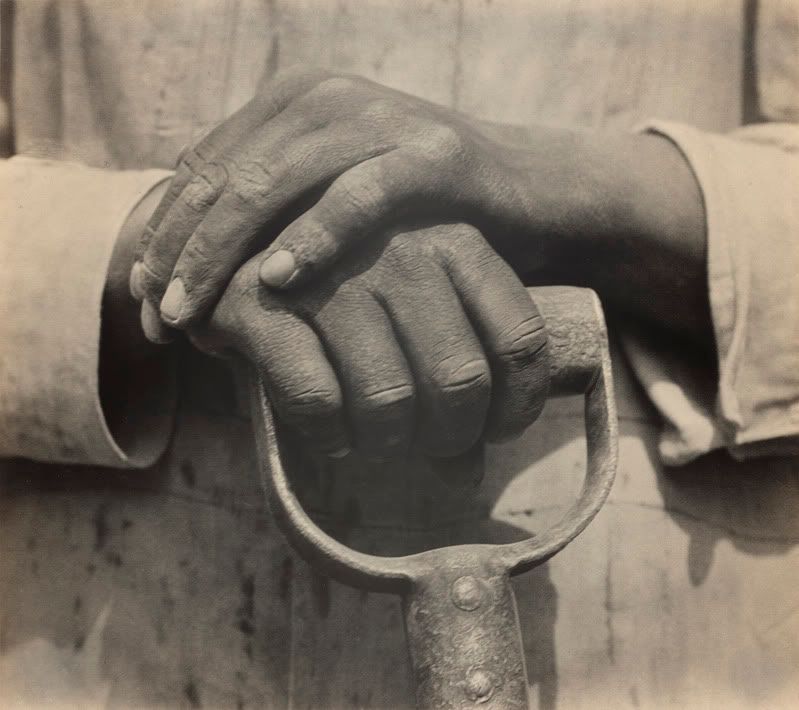
So I attended a few sessions of the Working Class Studies Conference in Pittsburgh a few weeks ago, and I wanted to jot down a few observations.
Two of the keynote speakers were two high level union organizers who were discussing the possibilities for transnational work based organizing. Bill Fletcher, a former AFL-CIO organizer, made some really heartening comments particularly about how unions need to start rethinking themselves, i.e. organizational structures, but more importantly what are unions as political bodies, whom do/should they represent? This was his response to questions about sex workers and the increasing percentage of unemployed. He also indicated that unions need to have conversations that in the past one would be red-baited out of the room. For example, unions need to start talking about globalization beyond a kind of nationalist protectionism and in particular capitalism itself--its sustainability and worth. Both concluded that the union movement needs new blood, it needs young people to start infiltrating its ranks with new ideas and forcing older organizers to start retiring. For me these developments, if they are indicative of some larger change in the base of union opinion, were inspiring. Particularly because of my own lackluster short-lived attempts to organize a non-profit for developmentally disabled adults. I found that the organizing tactics that depended on a shared "shop floor" where woefully inept at organizing workers in scenarios where they are geographically contained but atomized into smaller cells.
I attended another panel in which a paper presented new forms of exploitation ("immaterial labor" as defined by Hardt & Negri?) by way of the internship, as essentially freeing business from having to pay workers for training.
Lastly, I attended two consecutive panels arranged around the same theme: Ontologies of Latin American Politics. These were by far the most engaging a difficult panels of the whole conference for me, partially because they would shift in an out of Spanish.
The one thing I found rather troubling was that several participants were overemphasizing the post-Fordist turn (a move away from centralized state planning in economic matters and assembly-line production) in the economies of Latin America. Whilst I think this was definitely clear in places like Argentine and Chile where the neo-liberal changes were imposed in the latter by an authoritarian government. One of the panelists persisted in getting into an argument with one of the older interlocutors both in discussing the political significance of the "death" of the political subject, i.e. the industrial worker. I have to say that any attempt to generalize the post-Fordist condition outside the West is highly suspect, particularly into places where the disaggregated Fordist manufacturing is dispersed into. Certainly, we also see mechanisms like the World Bank and the International Monetary Fund training peoples of the "underdeveloped" world into neo-liberal mindsets instructing them to think of themselves like the subjects of game theory scenarios or performing "cost-benefit analysis" for all decisions, not to mention the Grameen Bank model of micro-capital. Despite these distributions the actual predominance of "immaterial labor" does not seem to fit economies still residing with neo-feudal arrangements, the fragments of the West's exported Fordism, and massive informal markets.
Overall though I was fascinated by panelists addressing different elements of this question of the ontology of politics in Latin America, in particular was a paper discussing the development of ideas of "human capital" in Chile, and the necessary rejection of humanism when new labor practices obliterate the difference between "meaning" and "action." Another paper attempted to reject the neo-Hegelian strain of some contemporary Marxisms, arguing against considering the present as "radical negativity" and instead in terms of "ontology," a theory of being in order to offer critiques of things like the bureaucratic classes. The connection between the reasoning here was not altogether clear to me , but it was a surprisingly cogent response to the persistent pull on Hegel as the sort of axiom by which Marx becomes a better philosopher.

